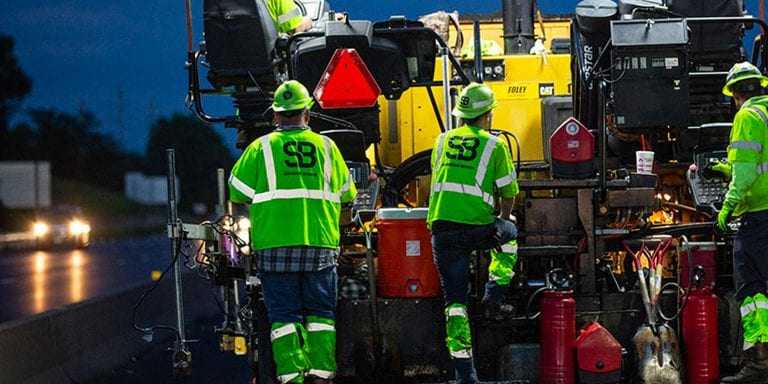Employee management is a big job. Your employees are the backbone of the company and when they’re not performing at their best, it negatively impacts the business. Say you have an employee who is starting to come in late, frequently calls in sick, is negative and who’s quality of work is starting to slip. Is this a “bad” employee or is this employee suffering from burnout?
According to a Gallup study of 7,500 full-time employees, 23% reported feeling burned out at work very often or always. And, another 44% say they feel burned out sometimes; that adds up to two-thirds of your workforce feeling burned out at one time or another. The impact of a burned-out employee is having an employee who is engaged or unengaged, unwilling to grow in their position and will likely seek another job.
The causes of burnout can range from unfair treatment at work and a lack of role clarity to an unmanageable workload. Understandably, you may not realize all these causes exist for each of your employees. You can, however, keep an eye out for signs of employee burnout in your workers to help mitigate the situation quickly.
{{cta(‘3452ea7a-1525-4876-a549-3a1e781a781f’)}}
Signs Your Employee is Experiencing Burnout
1. Your Employees Are Exhausted
Burned-out employees tend to not sleep well, or at all, leaving them exhausted throughout the day. According to the Mayo Clinic, burnout can cause fatigue and insomnia. Burned-out employees drag themselves to work, nod off during the day or are lethargic.
2. They Are Making Mistakes
Sleeplessness and/or a lack of energy inevitably leads to mistakes. Concentration is difficult when you are exhausted and thus deadlines may end up getting missed, customers don’t get called back or worse, an accident happens.
3. Your Employees Are Continually Sick
Research shows that people who are under chronic stress are more susceptible to more colds and viruses. While nearly everyone gets a cold or flu at some point, having an employee that’s consistently sick due to burnout affects productivity for the entire company.
4. Your Employees Are Critical or Cynical
Being critical, like continuously complaining about the company or simply having an overall bad attitude, is a sign that an employee is suffering from burnout. Along with being critical, an employee who is always cynical suggests their passion for the job is gone and worse, that cynicism can spread to co-workers.
5. They Are Irritable With Co-Workers Or Customers
Being burned out is a pain, literally. Employees that snap at co-workers, or worse customers, could be feeling tension or pain from their excessive workload. When employees are overwhelmed they become irritable and may suffer excess tension which causes muscle aches and headaches.
6. They Cannot Recall The Last Time They Had A Milestone
If your employees have lost their confidence, are second-guessing their abilities or disconnecting with co-workers or clients, they could be suffering from burnout. Their lack of confidence could impede their ability to perform at their highest level.
7. They Show Signs Of Depression
Burnout may be a contributing factor to depression, along with other things like Seasonal Affective Disorder. Sometimes a bad attitude or poor work performance can mask depression, for which your employee should be encouraged to get professional help.
Managers aren’t mind readers and knowing what each of your employees is dealing with – as far as workload and stress – can be a challenge. These are things you can do to help reduce the chances your employees will burnout. Encourage your employees to take a vacation – and mean it by offering support with their workload and allowing them to ease back in. Offer flexible work/life balance options to help alleviate stress leaking from home to work. And simply talk with your employees one-on-one about their goals and struggles; that’s where a performance management system can help.
BirdDogHR’s Performance Management software allows managers to not only communicate with employees about their workload, but it also allows them to track performance, helping to illuminate signs an employee is suffering from burnout.




